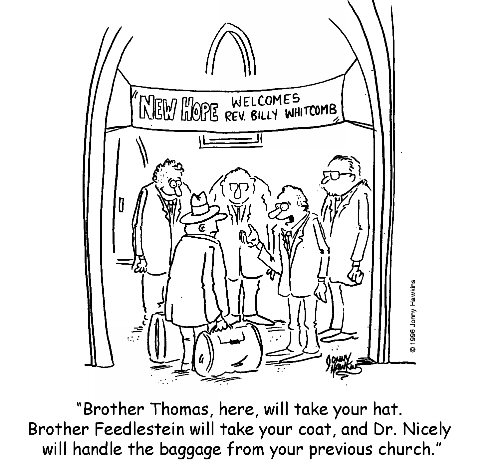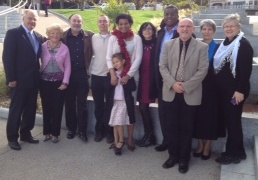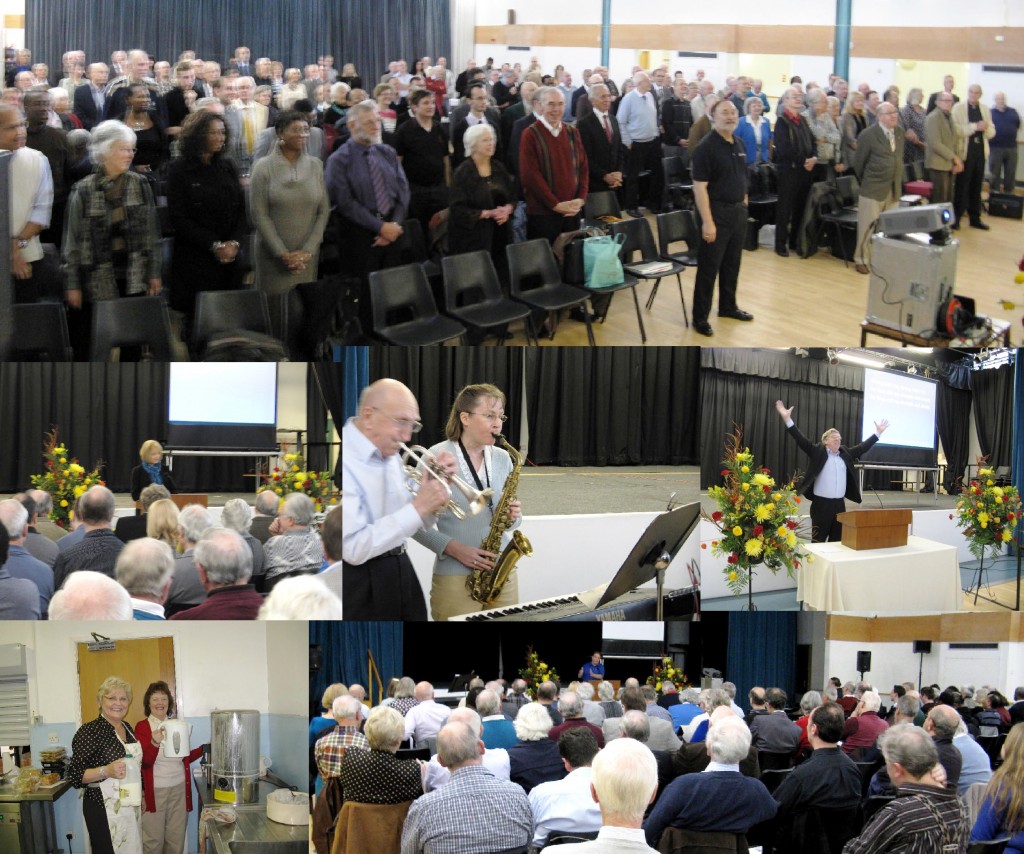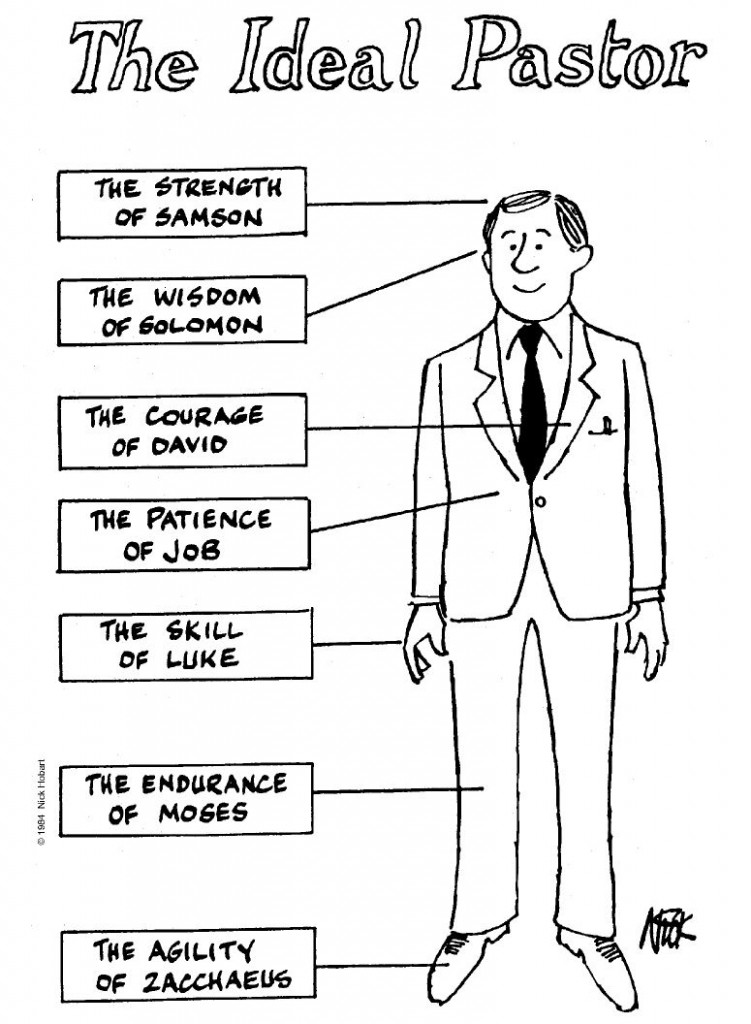Dear Brothers and Sisters in Christ,
Though we are in the Christmas season when we celebrate the joy of Jesus’ birth, we are in shock following two horrific events. In the Philippines, Typhoon Pablo killed over 1000 people with 900 more still missing and 80,000 left homeless. In Newtown, Connecticut, 20 children and six teachers and administrators were brutally murdered by a 20-year-old gunman who also murdered his own mother. We grieve these terrible losses and struggle to make sense of them.
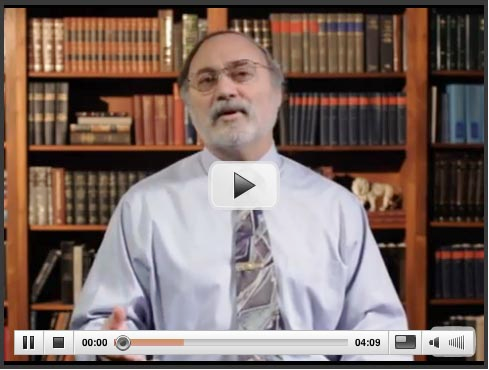
For my thoughts about the Newtown shootings, click on the picture at left to watch the new Speaking of Life program. In this program, I point out that, while there are no easy answers, it helps to have an eternal perspective.
That perspective is offered by the Christmas story itself. It’s the story of the Son of God coming to be with us in the midst of our sin and sorrow, in order to bring us his salvation—the ultimate healing. As we thank God for sending his Son, born in a manger about 2,000 years ago, let us pray for those who are suffering and grieving in the wake of these tragedies and let us also pray for our Lord’s return in glory when all tears of sorrow will be wiped away and all this world’s wrongs will be made right.
The word Christmas
Our appreciation of the Christian meaning of Christmas is enhanced by understanding the origin of the word Christmas. It is the contraction of the words Christ’s mass, which is derived from the Middle English Christemasse and the Old English Cristes mæsse. The suffix –mas is from maesse, which means “festival,” “feast day” or “mass.” Maesse is derived from the common Latin word messa, which means “dismissal” and is taken from the formal Latin word missa, the feminine past participle of mittere, meaning “to let go” or “to send.”
Over time, missa came to signify the Eucharistic service—a practice that continues in Catholic churches, probably because the concluding words of the service are “ite, missa est” meaning, “go, the mass is over,” or “the prayer has been sent.” You will find this sort of information in an etymological dictionary, like the one online at www.etymonline.com/.
Celebrating and proclaiming the Messiah’s coming
As the etymology of the word Christmas indicates, the Christian celebration of this day has its roots in the idea that Jesus has been sent to us. The church gathers on Christmas to worship and take communion in recognition of his coming through his birth to Mary in Bethlehem. From this gathering, the church is sent out (dismissed) to proclaim this good news in all the world.
When Zechariah, the father of John the Baptist regained his voice, he proclaimed a rich prophecy concerning the coming Messiah (from the Hebrew word Māšîaḥ, meaning “anointed one,” which in Greek is Christós and in English is Christ). In Luke 1:78, Zechariah refers to the long-promised Messiah as “the dayspring” (KJV) or “the rising sun” (NIV), sent “to us from heaven.” The Greek word translated “dayspring” or “rising sun” is anatole—a word used by Greek speakers in two ways. First it is used to refer to the light of the sun and the stars rising—also meaning, “from the east,” since the sun rises in the east and sunrise is another way of saying daybreak or dawn. Second, anatole is used to refer to a “shoot” or “branch.” It was used this way in the Septuagint (the Old Testament in Greek) to convey the meaning “branch” found in Jeremiah 23:5 and Zechariah 3:8 and 6:12.
Thus, in Luke 1:78, anatole could be translated “the branch from on high,” a reference similar to Isaiah 4:2, “the Branch of the Lord.” However, the translators chose “dayspring” (KJV) and “rising sun” (NIV) because verse 79 contains the imagery of light coming into darkness, just as the dawn chases away the darkness of night. The translators were likely correct in this choice, though the idea of “the branch” is lurking in there too. It appears that Luke uses anatole as a play on both meanings of the word—celebrating the Messiah as both humankind’s new branch and new day.
Christmas proclaims that God is the light of his people from all eternity. And when, in the fullness of time, Jesus came, it was to fulfill all the ordinances and messianic prophecies concerning him. These were shadows, cast by the real light, for Jesus alone is “the dayspring” (Malachi 4:2; Luke 1:78) and “the morning star” (2 Peter 1:19; Revelation 2:28 and 22:16) of the promised everlasting day in which the sun never sets. With Jesus’ first coming, the eternal morning dawned. In this we find great hope for it carries with it the promise that all wrongs will ultimately be righted and all tears wiped away. Thus Jesus’ first coming carries with it the promise of his second coming in glory, when the fullness of this hope will be realized in the new heavens and new earth, proclaimed in the book of Revelation.
Our celebration at Christmas of Jesus’ first Advent (coming) is a joyous celebration of his love, his faithfulness and the promise of the fullness of his kingdom at his second Advent. Because of his birth, life, death, resurrection and ascension, the love of God dwells not just among us but also, by his Spirit, in us so that we will love one another with his love in the same Spirit.
Christmas is about the light and the love of God being sent to us in a most personal way—in the incarnate person of the Son of God, Jesus Christ. I pray that as you and yours celebrate Christmas with this fullness of meaning, you will find the joy, hope and comfort that come through our Lord’s presence.
Sincerely in Christ’s service,
Joseph Tkach
P.S. Due to the upcoming holidays, the GCI home office in Glendora will close on December 22 and reopen on January 2. There will be no GCI Weekly Update next week—the next one will be published on January 2. And so I wish you and yours both Merry Christmas and Happy New Year.



